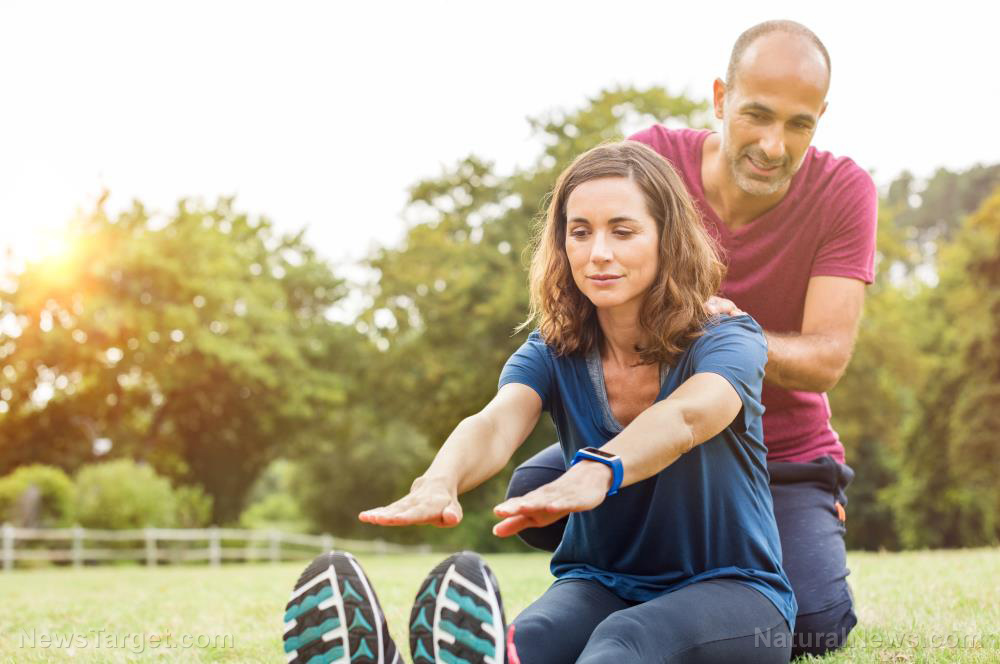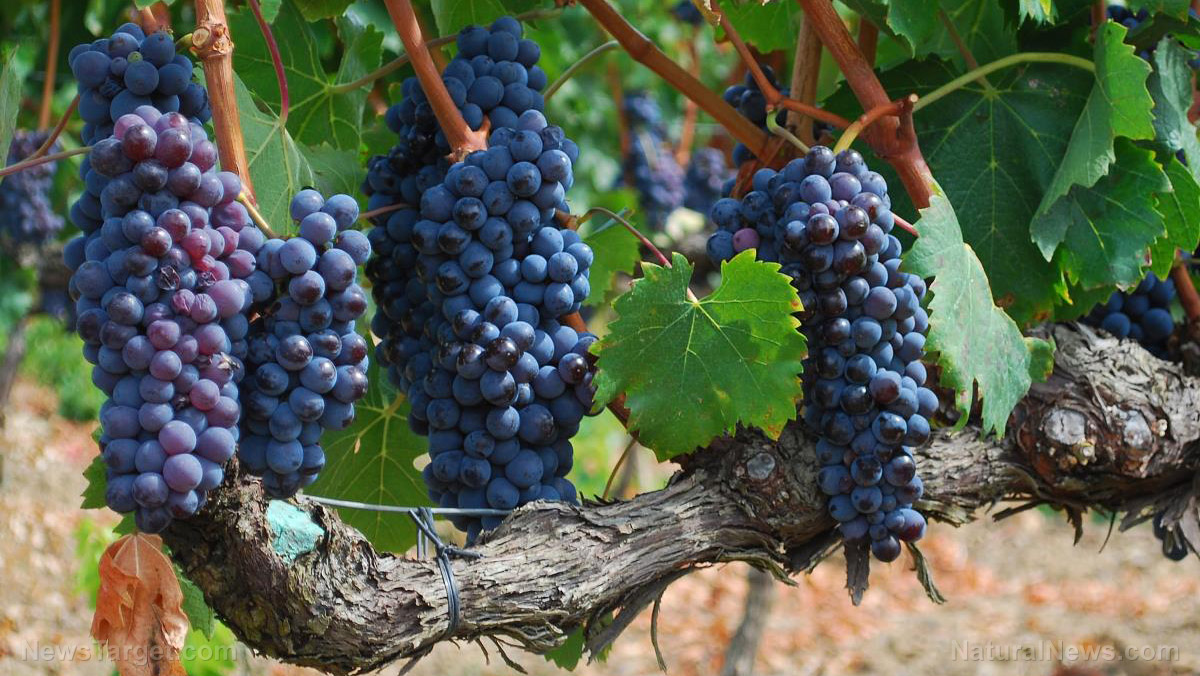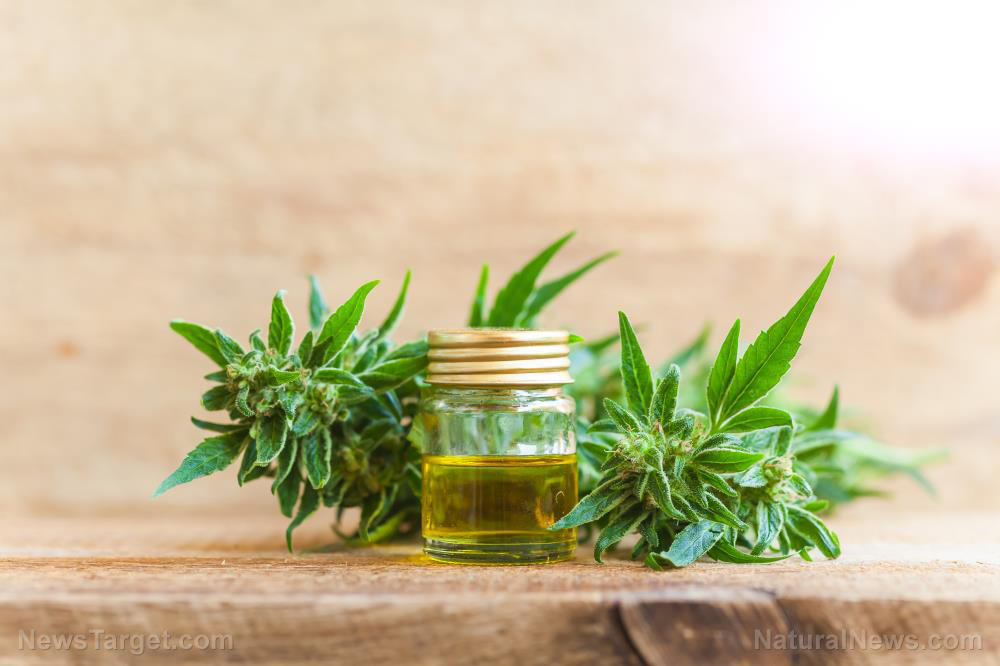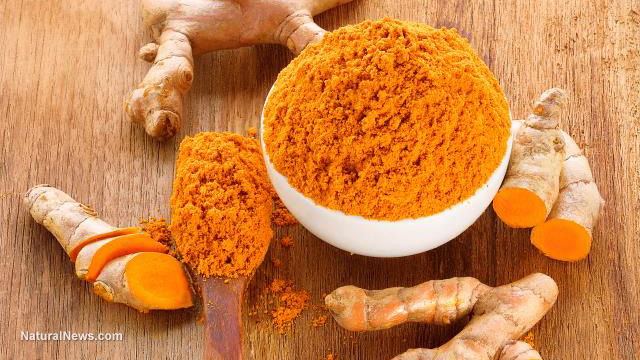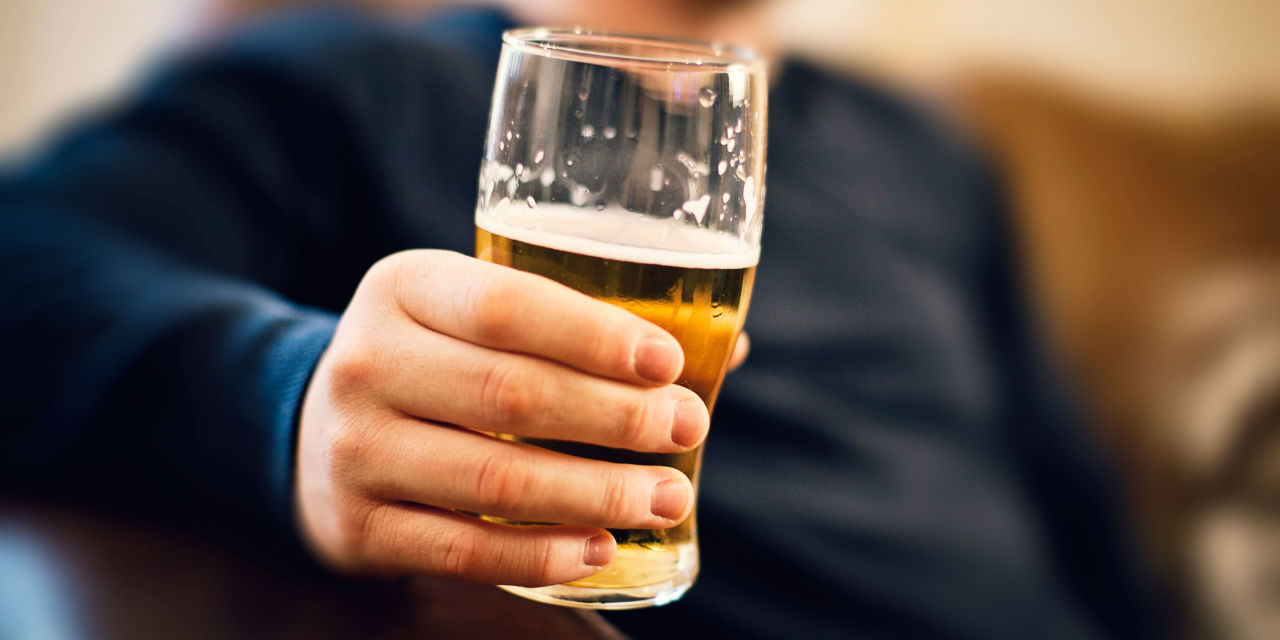Balance in all things: Tai chi exercises found to improve quality of life for patients with knee osteoarthritis
03/11/2020 / By Evangelyn Rodriguez

Osteoarthritis (OA) is the most common form of arthritis that affects the joints in the hands, hips, knees and spine. Although it occurs often in older adults, people of any age can develop this chronic and degenerative condition.
OA can be caused by age, injury or joint damage wearing down the cartilage — the protective tissue that cushions the ends of the bones. With the cartilage gone, the bones tend to rub against each other, resulting not only in pain, but also in joint stiffness, swelling, bone spurs and disability.
Because one of the usual targets of OA is the knee, many people with the condition end up having total knee arthroplasty (TKA). Physicians recommend this procedure when all other options (e.g., medications, physical therapy, walking support) have been exhausted, and the patient can no longer function properly. TKA or knee replacement surgery is done to relieve pain, correct leg deformities caused by OA and help the patient resume normal activities.
Physical exercises are an integral part of post-operative rehabilitation, especially for patients with TKA. However, optimal exercise programs that ensure the success of TKA, as well as patient recovery, have yet to be identified.
In a recent study published in Complementary Therapies in Clinical Practice, researchers from hospitals affiliated with Jining University and Jilin University in China looked at tai chi chuan (TCC) and its potential to improve functional outcomes and the quality of life of patients with primary TKA. They found that this ancient form of exercise not only helps improve physical function, it also positively impacts the mental state of patients recovering from surgery. (Related: Tai Chi relieves pain and improves overall health.)
Practicing tai chi chuan can benefit patients with TKA
For their study, the researchers conducted a single-center, single-blind, randomized controlled trial involving 107 participants with primary TKA for end-stage knee OA. They enrolled the participants from January 2014 to January 2017. The intervention, which lasted for 12 weeks, included either TCC exercises or traditional physical exercises (control).
To measure the improvements caused by both, the researchers assessed the following outcomes: Western Ontario and McMaster University Arthritis Index (WOMAC), six-minute walk test (6MWT), knee range of motion (ROM) and short form (36) health survey (SF-36). They also recorded adverse events related to TCC exercises or TKA.
Before the intervention, examination of the participants showed that both groups were comparable. But after the 12-week intervention, the TCC group had significantly better scores for the WOMAC physical function subscale, 6MWT and SF-36 physical and mental component scales. However, there were no significant differences in WOMAC pain scores and knee ROM between the two groups. No adverse events were reported for both exercises.
Based on these findings, the researchers concluded that TCC can improve physical function and the quality of life of patients with primary TKA without additional risks.
What is tai chi chuan?
Tai chi chuan or simply tai chi is an ancient Chinese martial art that is now a popularly practiced healing art. As a mode of attack and defense, it bears similarities to the more popular kung fu. As a mind-body exercise, TCC aims to harmonize yin and yang by using slow, gentle, rhythmic movements and breathing combined with different cognitive components, such as focused attention, imagery and multi-tasking.
Like yoga, TCC is considered a body-conditioning technique. Today, it is practiced in many countries besides China and is used in colleges, community centers, hospitals and sports clubs in the US. Some of the many health benefits associated with TCC include improved balance, flexibility and stamina; blood pressure regulation; heart and mental health benefits; and reduced symptoms of fibromyalgia, stroke and neurodegenerative diseases like Alzheimer’s and Parkinson’s. TCC is also said to improve balance and muscle strength, as well as immunity, quality of life and sleep, in both healthy individuals and those suffering from health conditions.
Sources include:
Submit a correction >>
Tagged Under:
alternative medicine, Chinese medicine, exercises, knee arthroplasty, knee osteoarthritis, mind body science, natural cures, natural medicine, Naturopathy, remedies, research, tai chi
This article may contain statements that reflect the opinion of the author
RECENT NEWS & ARTICLES
ArthritisCures.News is a fact-based public education website published by Arthritis Cures News Features, LLC.
All content copyright © 2018 by Arthritis Cures News Features, LLC.
Contact Us with Tips or Corrections
All trademarks, registered trademarks and servicemarks mentioned on this site are the property of their respective owners.


